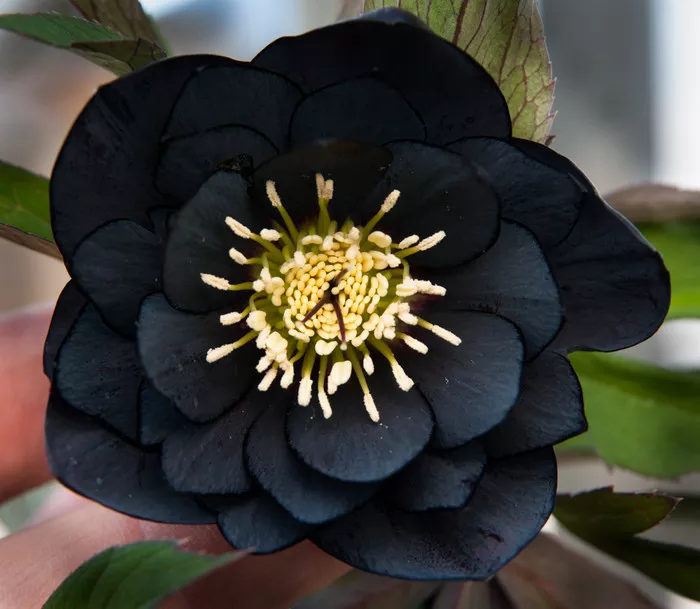Choosing the perfect flowers for a wedding bouquet is an essential element of the bridal ensemble. Flowers not only add beauty and elegance to the occasion but also convey meaning and symbolism. However, not all flowers are suitable for weddings, and selecting the wrong blooms can detract from the overall aesthetic and even cause practical issues. To ensure a flawless floral arrangement, it’s crucial to be aware of the flowers that should be avoided in a wedding bouquet.
Why Flower Selection Matters
Flowers play a significant role in setting the tone and enhancing the ambiance of a wedding. They are not merely decorative elements but also carry cultural, symbolic, and emotional significance. The choice of flowers can reflect the couple’s personality, the theme of the wedding, and convey messages of love, happiness, and well-wishes.
Moreover, the practical aspects of flower selection cannot be overlooked. Wedding bouquets need to withstand the rigors of the day, including handling during ceremonies, transportation, and varying environmental conditions. Certain flowers may wilt quickly, shed petals excessively, or trigger allergies, which can detract from the overall experience and lead to potential mishaps.
Factors to Consider When Choosing Wedding Flowers
Before delving into the specific flowers to avoid in a wedding bouquet, it’s essential to consider several factors that influence the selection process:
1. Theme and Aesthetic: The choice of flowers should align with the overall theme, color scheme, and style of the wedding. Whether it’s a romantic garden affair, a rustic countryside celebration, or a modern chic soiree, the flowers should complement the ambiance and enhance the visual appeal.
2. Seasonality: Opting for seasonal blooms not only ensures freshness and availability but also reflects the natural beauty of the time of year. Seasonal flowers are typically more affordable and sustainable choices, contributing to a cohesive and harmonious wedding design.
3. Symbolism and Meaning: Different flowers carry distinct meanings and symbolism, rooted in cultural traditions, folklore, and historical significance. Couples may choose flowers based on their symbolic representation of love, fidelity, prosperity, or other personal sentiments.
4. Practical Considerations: Wedding flowers should be resilient, long-lasting, and suitable for various weather conditions. Factors such as durability, fragrance, allergy potential, and ease of handling should be taken into account to ensure the bouquet remains fresh and flawless throughout the day.
With these considerations in mind, let’s explore the flowers that are best avoided in a wedding bouquet:
1. Poisonous or Irritant Flowers
While many flowers are safe and non-toxic, some varieties can be harmful if ingested or cause skin irritation upon contact. Toxic flowers such as lilies, oleander, foxglove, and hydrangeas should be avoided, especially if there are children or pets present at the wedding. Similarly, flowers with spiky thorns or prickly stems, like cactus or thistles, can cause injury and discomfort.
2. Highly Fragrant Flowers
While the aroma of flowers can enhance the sensory experience of a wedding, excessively fragrant blooms may overwhelm the senses, especially in confined spaces. Flowers with strong, overpowering scents, such as lilies, tuberoses, gardenias, and hyacinths, should be used sparingly or avoided altogether, particularly if guests have sensitivities or allergies to strong odors.
3. Flowers Prone to Wilting or Dropping Petals
Wedding bouquets are subjected to various handling and environmental conditions throughout the day, making durability a crucial consideration. Flowers that wilt quickly or shed petals excessively can detract from the bouquet’s appearance and create a mess. Delicate blooms such as peonies, garden roses, orchids, and poppies may not withstand the rigors of a wedding day and are better suited for display arrangements or corsages.
4. Invasive or Noxious Weeds
While wildflowers can add a whimsical and naturalistic touch to a wedding bouquet, caution must be exercised to avoid using invasive or noxious weed species. Invasive plants such as Queen Anne’s lace, buttercups, and invasive thistles may outcompete native flora and disrupt local ecosystems. Furthermore, some weeds, like poison ivy or poison oak, can cause allergic reactions or skin irritation, posing risks to both the bride and guests.
5. Flowers with Negative Symbolism
In addition to their aesthetic appeal, flowers convey symbolic meanings that can influence the overall tone and energy of the wedding. Certain flowers carry negative connotations or superstitions that may be best avoided to prevent unintended symbolism. For example, yellow roses are associated with jealousy and infidelity, while marigolds symbolize grief and loss in many cultures. Careful consideration of cultural norms and traditions is essential to avoid inadvertently offending guests or inviting ill omens.
Conclusion
Selecting the perfect flowers for a wedding bouquet requires careful consideration of aesthetic, symbolic, and practical factors. While there is a vast array of beautiful blooms to choose from, not all flowers are suitable for weddings. Avoiding flowers that are toxic, overly fragrant, prone to wilting, invasive, or symbolically inappropriate can help ensure a flawless and memorable floral arrangement. By making informed choices and consulting with a knowledgeable florist, couples can create a stunning bouquet that enhances the beauty and significance of their special day.


